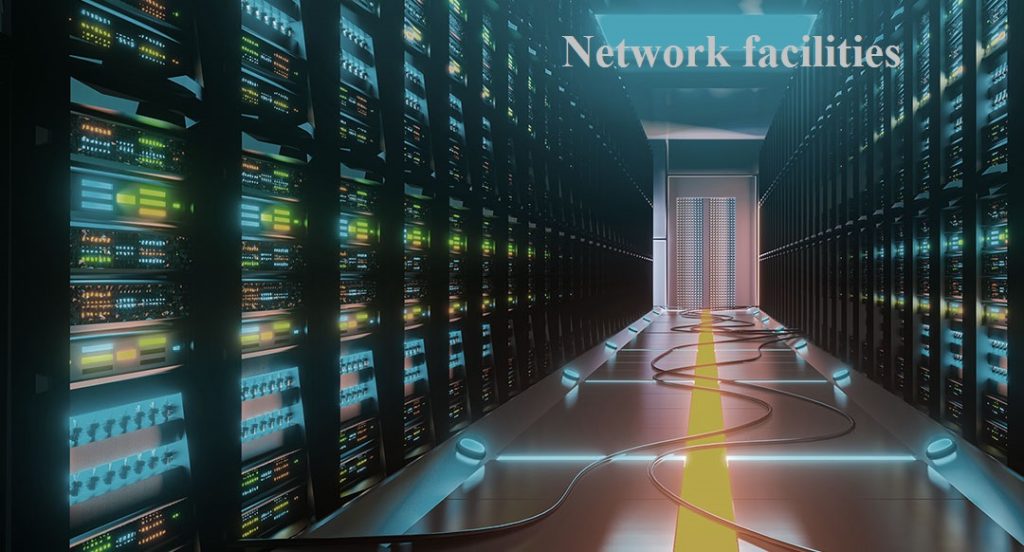“Network facilities” refer to a broad range of resources and services related to computer networks. In the context of information technology, network facilities typically include the infrastructure, hardware, software, and services that enable communication and data exchange between devices within a network.
Exporting and importing network facilities are vital aspects of the global Information and Communication Technology (ICT) trade. Network facilities encompass various equipment, including routers, switches, firewalls, cables, and other communication devices used to connect and manage computer networks.
Exporting network facilities benefits countries in need by aiding in the development and upgrade of their communication infrastructure. These nations may seek to enhance network speed and efficiency, improve data security, or expand network capacity. Simultaneously, exporting countries can generate substantial income by selling these equipment to different nations.
On the other hand, countries possessing advanced technologies but lacking manufacturing capabilities may need to import network facilities. These imported facilities play a crucial role in improving productivity, enhancing security, and upgrading communication infrastructure.

Import and export considerations
Exporting and importing network facilities in the field of Information and Communication Technology (ICT) should be carried out with consideration of several important considerations:
Regarding Export:
- Compliance with Standards and Regulations:
- Exporters should harmonize their products with relevant international standards and local regulations of the destination country.
- Quality and Security Assurance:
- Products must achieve satisfactory levels of quality and security, especially if utilized in the network security domain.
- Technical Support:
- Providing technical support services to international customers for troubleshooting and necessary updates.
- Appropriate Pricing:
- Determining fair and equitable prices considering destination markets and competitive advantages.
Regarding Import:
- Needs Assessment:
- Thoroughly assessing domestic needs and selecting products that effectively enhance the country’s communication infrastructure and technology.
- Standards and Security:
- Ensuring that imported products comply with national standards and security requirements.
- Collaboration with Manufacturers:
- Establishing collaboration with manufacturers for technology transfer and enhancing domestic production capabilities.
- Currency Risk Management:
- Managing exposure to risks associated with fluctuations in currency exchange rates and international trade policies.
in summary, the export and import of network facilities play a pivotal role in advancing Information and Communication Technology (ICT), contributing significantly to the global economy and influencing international communications on a broad scale. These activities facilitate the exchange of technology, enhance communication infrastructure, and promote collaboration among nations, underscoring the interconnected nature of the modern world.
Poly Next General Trading places a strong emphasis on ensuring customer contentment, and our committed team consistently strives to surpass expectations. Positioned strategically in the UAE, we capitalize on our regional base to enhance seamless trade linkages, nurturing mutually advantageous associations with global partners.

